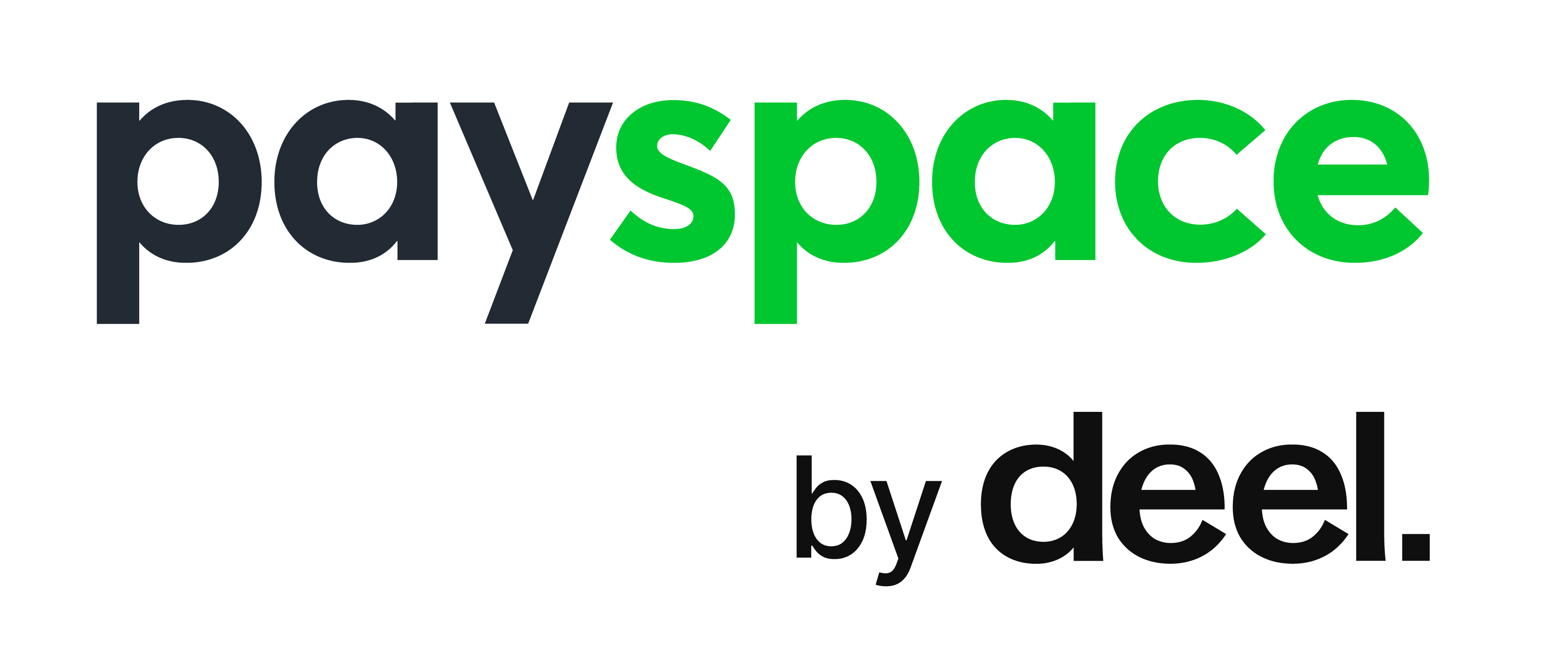What is payroll continuity and what function does it have for a business? One of the fundamentals of a payroll office is paying employees on time irrespective of how good or bad your processes are in a business. While it might sound fairly straight forward to do, some companies still depend on paper trails and manual interventions, to process payroll.
Moreover, internal processes should be revisited to make sure business continuity is top of mind when it comes to choosing a payroll provider. The long-term business objectives should always be part of the determining factors when decisions are made that will influence employees.
Payroll is arguably one of the most critical functions in a business, getting staff paid accurately, and on time, is one of the most important things that happen within any organisation.
Payroll during the pandemic
When it comes to accounting or finance, these functions can still be performed the next day. But the pandemic made organisations around the world realise how unprepared they were for continuity, and nowhere was this truer than in the payroll office.
Payroll was one function that couldn’t be closed or temporarily moved out and is a critical area of the company ensuring it continues to run. Organisations in every industry had to prepare for their staff to work remotely. It’s not just paying employees it’s about how the company will cope when service is impacted. Many companies had a knee jerk reaction and struggled to cope with the remoteness of processing a payroll. Similarly, what would happen if it needed to recover the payroll and restore a backup, and how would the business be jeopardised if they couldn’t?
The role of technology in payroll continuity and safety
The bottom line is that any organisation, who wants to run a sustainable payroll office, needs its employees to be able to access payroll information remotely. Here, technology plays a huge role in payroll continuity. For payroll to operate, the company needs to look at technology across different spheres.
There’s the security of payroll and ensuring that employees’ personal data is protected. Then, when you want continuity in your payroll office and you start working from a different site, how will accessibility to software work? Similarly, how will compliance work with remote working? Can confidential employee files be taken home? And what will happen if it is jeopardised?
Identity theft is one of the fastest growing crimes in the world. Experts believe that globally every two seconds someone’s identity gets stolen. One of the most far-reaching challenges is the fact that it is a silent crime, meaning that you might not be aware that the payroll data was used to create identity theft.
The timely and strict regulating nature of payroll means that you need to ensure everything that happened in normal circumstances can still happen. Submissions to the Department of Labour or to the bank still need to happen. Financial systems must be up to date with the latest payroll journals.
Key characteristics of an effective payroll continuity plan
When it comes to the key characteristics of an effective payroll continuity plan, the first step is mapping out the key business processes of the payroll office and how data collected can be made.
When you’re in the office and everything works normally without disruption, it’s easy. You can collect data yourself, or employees can email it to you. But when employees can’t access the company servers, it is critical to know how to get approval for payroll, how the different business areas will work, and how communication with employees will be handled.
A clear communication plan is key, as is acting with decisiveness, and assigning an owner to the continuity plan; someone that makes sure the plan is executed.
It’s no use having a good plan that can’t be accessed. You only realise how important it is to have accessible data on a secure cloud application when things go pear-shaped. You also only realise how important secure backups are until there’s an emergency. It’s a game changer. Without this, things can go horribly wrong.
What to do when things go wrong?
In times of uncertainty, and when things do go wrong, improving and increasing communication is critical. The employee/employer relationship is one of the most important relationships in any organisation. Engaging with employees consistently, so they always know what is happening, is vital. Using multiple channels of communication is also critical. Ensuring employees can access whatever they need to work remotely is important, as they are used to being ‘always on’.
A message from leadership gives clarity and security in times of uncertainty. The payroll office needs to ensure that it takes a personal approach, and they need to make sure that all the information is available to staff as needed.
How should organisations go about planning payroll continuity?
It is advisable to start with the basics. Question scenarios like, what you would do if the payroll office had to burn down, or a laptop was stolen, or the network went down, or if a ransom attack happened with your payroll product to name a few.
In any organisation, employees are the most important asset as the company can’t function without them. Business success depends entirely on how well you manage the employees working for you. A basic plan has the key elements to decide what to do if the organisation is struck by a disaster such as a fire or flood, ransomware, or even a pandemic. Having those basic elements in place is key and will cover you for all scenarios.
Benefits of cloud-native payroll software
The major benefit of cloud-native payroll software is the fact that managers or employees can access any data from any device. And while security is critical for any organisation, PaySpace’s cloud security offering goes far beyond what most companies have been able to achieve for themselves.
Security is a multidimensional business imperative that demands to be considered at every level, from security for applications right through to the physical facilities and network security. PaySpace has been independently assessed and certified as meeting the exact requirements of ISO 27001 for our Information Security Management System (ISMS). The assessment, carried out by an accredited certification body, provides evidence to our customers, suppliers, employees, and partners of our 100% commitment to securing the critical information assets that we hold: both our own and those of our customers.

